If you have a cracked tooth you may be in a lot of pain. You should contact your dentist right away.
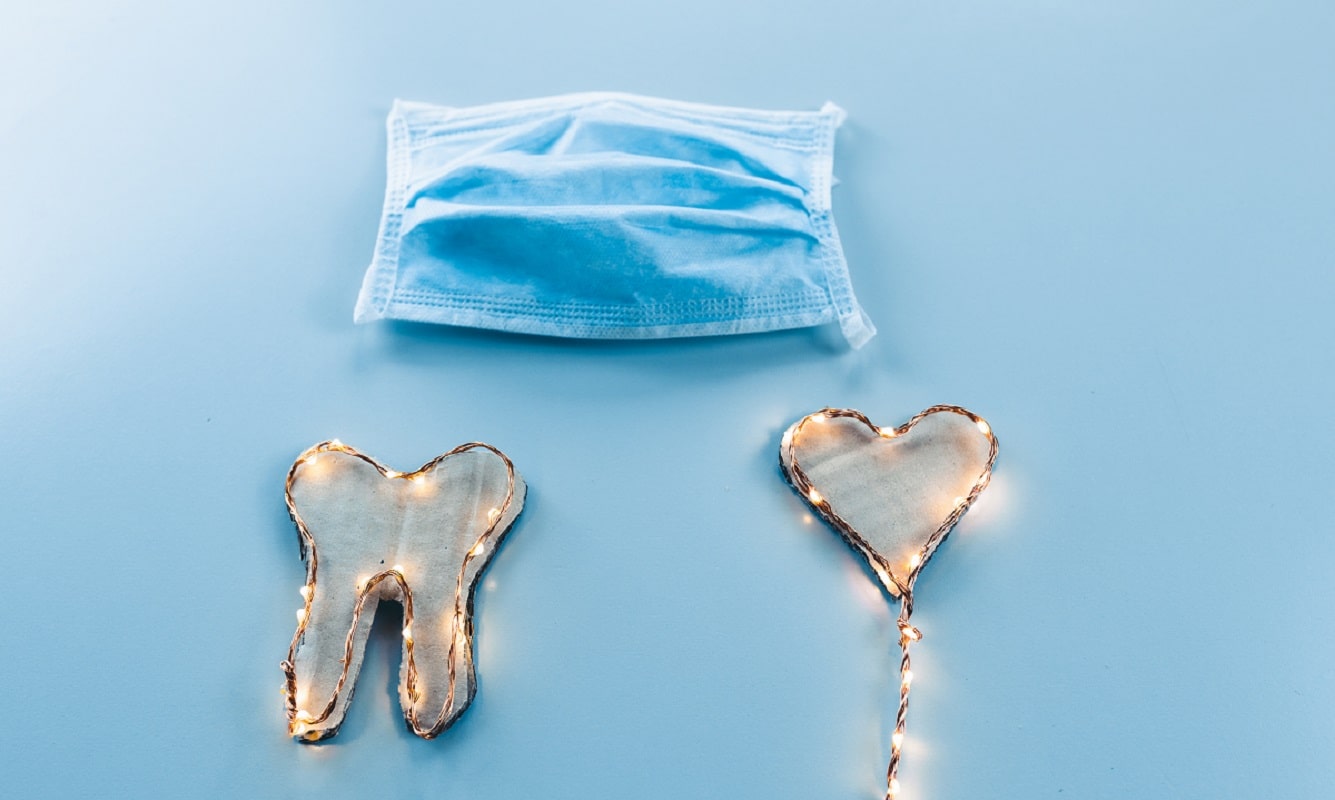
About Cracked Teeth
Cracked teeth demonstrate many types of symptoms, including pain when chewing or upon release of the bite or temperature sensitivity. It is also common for pain to come and go, making it difficult to diagnose the cause of discomfort.
Chewing can cause movement of the cracked pieces of your tooth, and the pulp within the tooth becomes irritated. At the same time, when biting pressure is released, the crack can close quickly, resulting in sharp pain. Eventually, the pulp will become damaged and tooth will consistently hurt, even when you are not chewing. It is possible that cracks can lead to infection of the pulp tissue, which can spread to the bone and gum surrounding the problematic tooth.

About Cracked Teeth
Cracked teeth demonstrate many types of symptoms, including pain when chewing or upon release of the bite or temperature sensitivity. It is also common for pain to come and go, making it difficult to diagnose the cause of discomfort.
Chewing can cause movement of the cracked pieces of your tooth, and the pulp within the tooth becomes irritated. At the same time, when biting pressure is released, the crack can close quickly, resulting in sharp pain. Eventually, the pulp will become damaged and tooth will consistently hurt, even when you are not chewing. It is possible that cracks can lead to infection of the pulp tissue, which can spread to the bone and gum surrounding the problematic tooth.
What Causes Teeth To Crack?
While many causes can lead to a cracked tooth there are some common ways this can happen. If you bite down on hard foods or if you are biting down on something else hard with your teeth there is a chance that they can crack. If your grind or clench your teeth often you are putting pressure on them and this can lead to cracks.
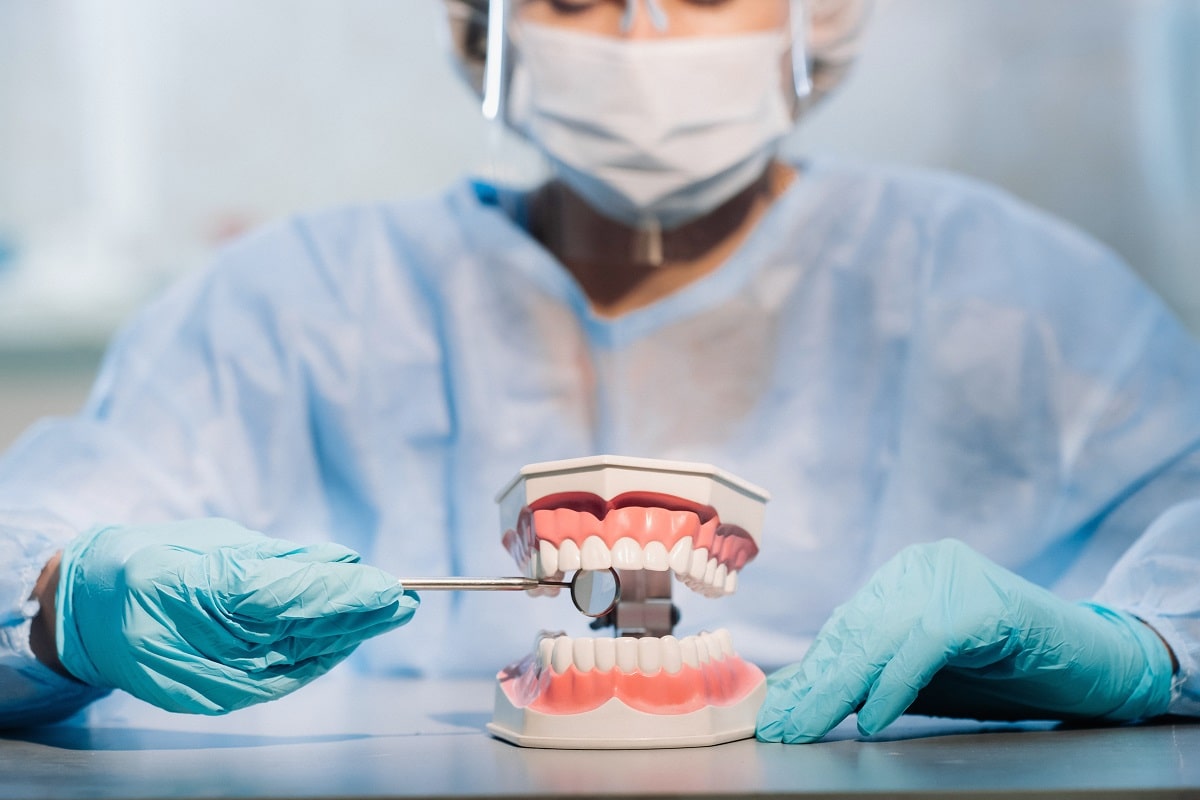



What Causes Teeth To Crack?
While many causes can lead to a cracked tooth there are some common ways this can happen. If you bite down on hard foods or if you are biting down on something else hard with your teeth there is a chance that they can crack. If your grind or clench your teeth often you are putting pressure on them and this can lead to cracks.



Can you Fix Cracked Teeth?
It is possible to fix a cracked tooth. You will need to see your dentist to discuss the options for you. A root canal can be used to remove the pulp if you are in pain. Any decaying matter in the mouth will be removed but it will help save the rest of the tooth. A crown may also be placed over the crack to keep it from spreading to the rest of the tooth. If there are hairline cracks in teeth the dentist may be able to polish or buff the tooth to make the crack less noticeable. This will depend on how deep the crack is.



Can you Fix Cracked Teeth?
It is possible to fix a cracked tooth. You will need to see your dentist to discuss the options for you. A root canal can be used to remove the pulp if you are in pain. Any decaying matter in the mouth will be removed but it will help save the rest of the tooth. A crown may also be placed over the crack to keep it from spreading to the rest of the tooth. If there are hairline cracks in teeth the dentist may be able to polish or buff the tooth to make the crack less noticeable. This will depend on how deep the crack is.
Types of Cracks


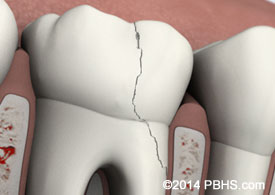

When a cusp becomes weakened, a fracture may result. The cusp may break off or be removed by a dentist. A fractured cusp rarely damages the pulp, so root canal is not necessary. Your dentist will usually restore the tooth with a full crown.
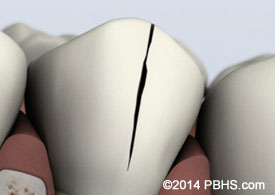

This type of crack extends from the chewing surface of the tooth and vertically migrates towards the root. In some cases, the crack may extend below the gum line. It is possible for the crack to extend further into the root. Damage to the pulp is commonplace. In this case, root canal treatment is usually necessary. A cracked tooth that is not treated will worsen, resulting in the loss of the tooth. Therefore, early detection is essential.
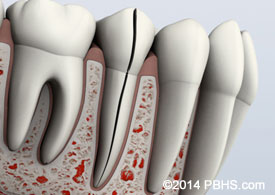

A split tooth is usually the result of an untreated cracked tooth. It can be identified by a crack with distinct segments. This type of tooth can never be saved intact. Yet, the position and extent of the problem will dictate whether any portion of the tooth can be saved. Sometimes, endodontic retreatment by the doctors and restoration by your dentist can be used to save a portion of the tooth.
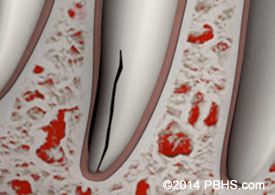

A vertical root fracture begins at the root and extends towards the chewing surface of the tooth. Unfortunately, they show minimal symptoms and may go unnoticed. Treatment involves endodontic surgery if a portion of the tooth can be saved by removal of the fractured root. Otherwise the tooth will have to be extracted.
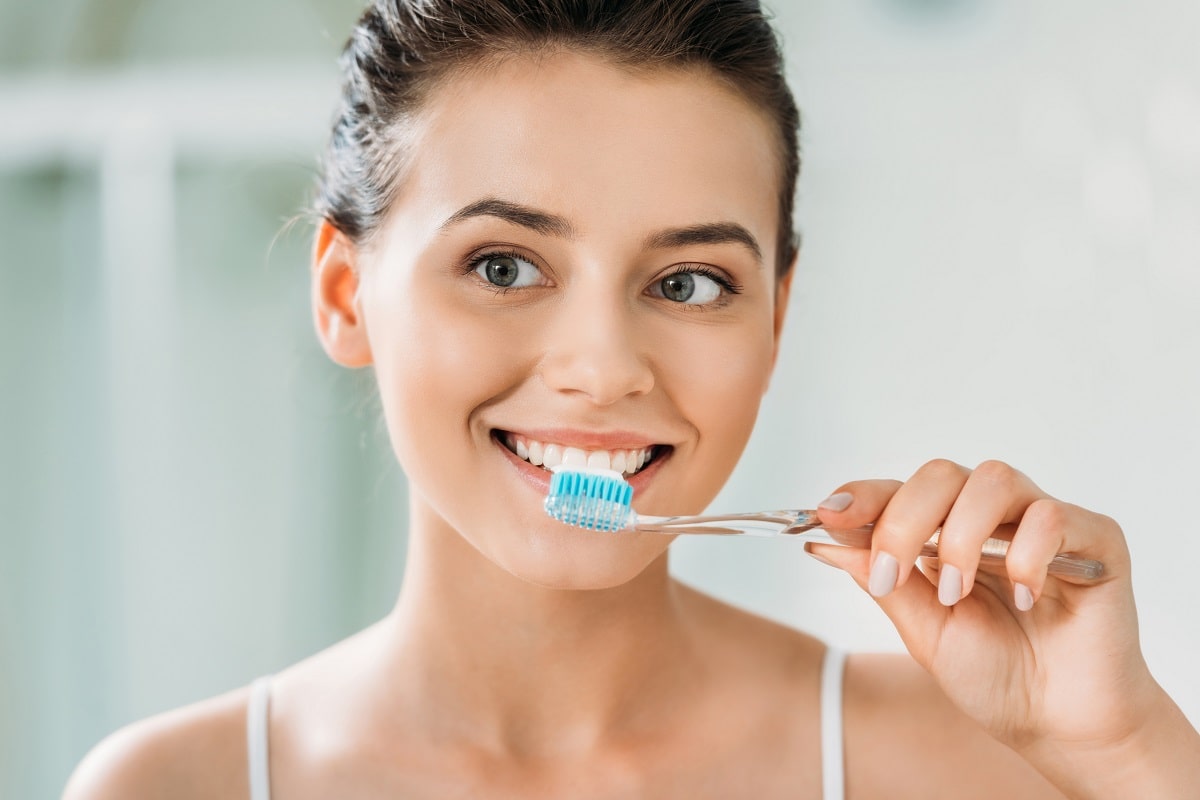


How To Prevent Teeth From Cracking
To help prevent the teeth from cracking a person pays attention to any hard items they are eating. They should cut hard items or avoid them. A person needs to remember that teeth are not tools and they should not be used to open or hold items that are not food. A person should not grind or clench their teeth. Good oral care such as brushing the teeth can help prevent cracks and keep them strong.



How To Prevent Teeth From Cracking
To help prevent the teeth from cracking a person pays attention to any hard items they are eating. They should cut hard items or avoid them. A person needs to remember that teeth are not tools and they should not be used to open or hold items that are not food. A person should not grind or clench their teeth. Good oral care such as brushing the teeth can help prevent cracks and keep them strong.
Have Cracked Teeth Questions?
These are some common questions that people have about cracked teeth. They can help you get the right information while you are waiting for your dental appointment.
Your teeth may be cracked if you have a filling in your mouth that is weak. This will lead to weakness in the tooth and this can lead to a crack. The larger the filling you have the greater the chance of a tooth cracking. You may also have brittle teeth which are more likely to crack.
There are several reasons why teeth may crack. The cracks may happen if you grind your teeth. This wears them down. If you have teeth or jaws that are not aligned properly you are not putting even pressure on your teeth even when you chew. This can lead to cracks. If there is tooth decay in your mouth or old fillings that are starting to wear away you are at an increased chance for your teeth cracking.
Grinding is one of the leading causes of cracks in the teeth including vertical hairline cracks in the teeth. The grinding will wear the teeth down which will make them weak. When you eat something hard the teeth will already be weak and you will be at a greater impact for cracks to form. Grinding will also put pressure on your teeth which can lead to cracks.
While it is not the only cause of cracked teeth amalgam filling can lead to the teeth cracking. This filling may become a wedge between the surface of the tooth and the filling. When this filling becomes old it will lose its bond to the teeth. When the filling begins to age it can lead to cracked teeth or cracked tooth syndrome.
There are some causes for cracked front teeth. Grinding or clenching the teeth can cause a crack in the front. People that put too much pressure on one tooth due to their alignment may lead to a crack in the front teeth.
When a tooth gets a crack the pulp under it can become irritated. This will lead to pain. The pulp can also become damaged so it will hurt. A person may notice that they are sensitive to hot and cold foods. This can be a design that there is a problem with the tooth. Once the pulp has become inflamed and painful it will no longer be able to health itself.
A cracked tooth may not directly cause pain in the other teeth. When the pressure is released such as when a person stops biting they are going to feel sharp pain. They may not be able to determine immediately exactly what tooth is causing the pain. The cracked tooth may be additional pressure on the other teeth putting them at an increased risk for dental problems.
The location of the crack will determine if it can healthy. If the enamel line of the tooth is crack meaning only the very outer part of the tooth is crack it may heal on its own. If there is a deeper crack and the crack has reached the inner part of the tooth a person will need to visit a dentist for healing.
A cracked tooth can heal itself if the crack is only on the enamel. If a person is not aware of the crack something such as biting can make it worse. Once the crack hits the pulp of the tooth it will be painful and will not be able to heal on its own.
